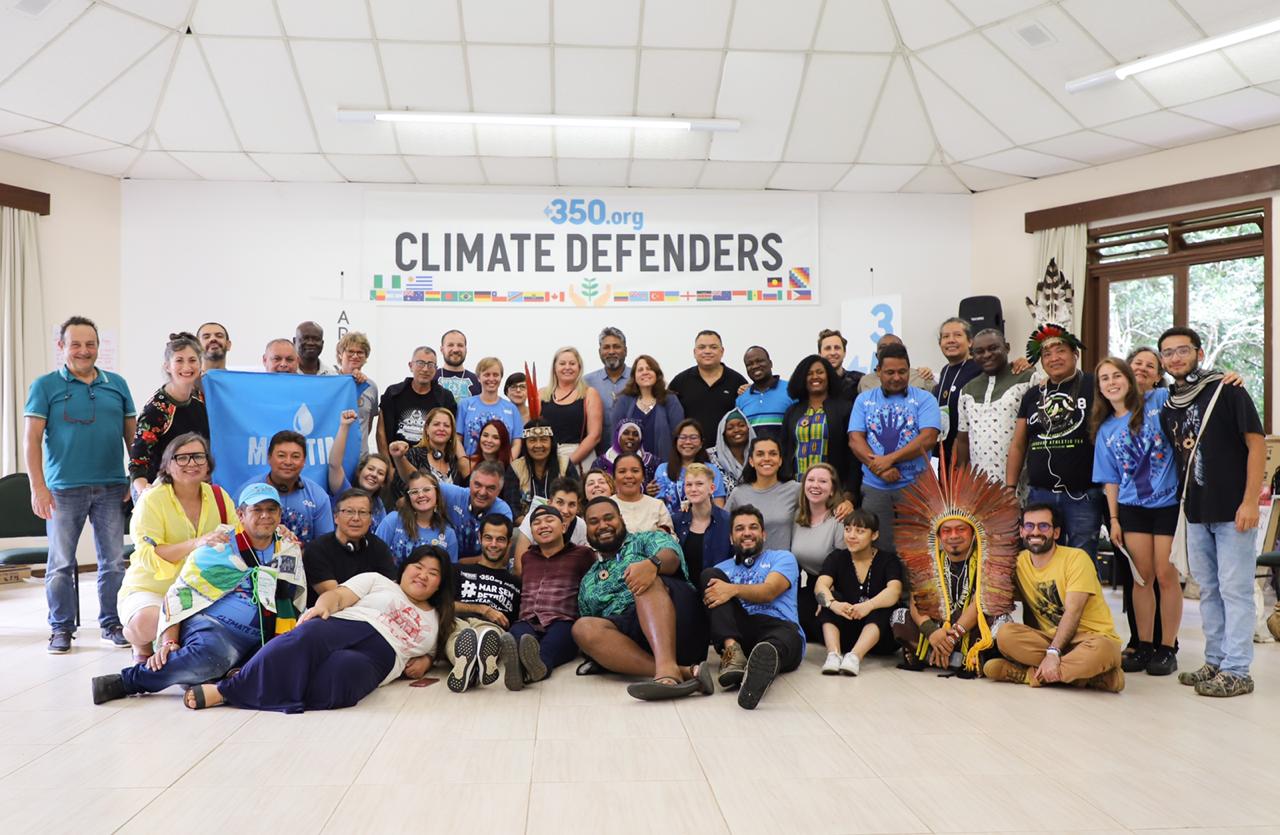Ugandan communities concerned over oil’s deal amid COVID-19 crisis
The Government of Uganda has applauded the recent agreement that will see Tullow Oil Plc transferring its assets for Lake Albert Development project and the proposed East African Crude Oil Pipeline System to Total Uganda at $575 million (Sh57.5 billion).
According to the Minister of Energy and Mineral Development, “it is a critical development that takes the (Oil and Gas) sector towards the Final Investment Decision (FID) that the country is eagerly waiting for”.
That joy isn’t however shared with communities in Western parts of Uganda. They are deeply concerned that if the Ugandan government allows the presence of oil activities in the eco-sensitive areas such as the Ngaji block which have been put up for bidding to the investors, their lives will be ruined because they have depended on the tourism for their livelihood which will disappear.
If the government allows the oil exploration in the Ngaji oil block, which is located in the ecosensitive Lake Edward and Queen Elizabeth National Park (QENP), this seriously will put such sensitive ecosystems at risk, triggering the slow but certain disappearance of the rich ecological, economic and social importance of such ecosystems. Agriculture, fisheries, tourism, and other income-generating activities for local communities are also likely to be negatively impacted.
Communities and activists are also worried about oil exploitation activities will also result in the generation and release of greenhouse gas emissions into the atmosphere, which goes against the 2015 Paris Climate Change Agreement ratified by Uganda.
As the world is going through a terrible situation of preventing and ending global coronavirus pandemic, Uganda, like all other signatories to the Paris Agreement should be more concerned about a Just Recovery Plan that focuses on health emergencies, addresses the urgent needs of people and support public health systems currently under severe strain. As of April 26th, the country has a total number of 75 COVID-19 confirmed cases.
By Edwin Mumbere - Kasese
Climate Defenders gathering: Towards a consolidated strategy
Fifty climate defenders and activists from 23 countries gathered in Curitiba, Brazil from February 5th to 8th to share the stories of their struggles and to build a stronger community of climate defenders.

Everywhere climate defenders are facing threats, intimidation, and increased repression as they protect the planet from destruction. In most cases, the fossil fuel industry is responsible for the most severe and disturbing violations of human rights. This gathering provided a space to share experiences, skills and tactics and build a coherent strategy for reacting to crisis moments, including increased visibility, communications strengthened leadership, rapid response and building alliances of legal support.
African representatives at the gathering shared the most common threats they are confronted with, including intimidation by government officials and police, restricted movements and surveillance, forced removal of communities and sometimes verbal abuse by being labelled for instance as ‘anti-development’ activists. They denounced the fossil fuel companies working hand in hand with corrupt politicians, security forces and sometimes private militia in perpetrating such disturbing violations of human rights and freedom.
During the gathering, 350.org launched the Climate Defenders report on Human Rights Abuses by Fossil Fuel Companies. The report highlighted some specific cases from Africa where companies such as Shell in Nigeria) and Amu Power in Lamu (Kenya) are involved. The report shows successful strategies that activists are taking to fight these cases.
"Chevron-Texaco and Shell are directly responsible for more than 45,000 deaths caused by health issues, the displacement of 60,000 people and the dump of more than 18 billion gallons of toxic wastewater into rivers" #AfrikaVuka https://t.co/nGJjxGuVyZ pic.twitter.com/h4ZFDvYQ74
— Christian (@christroi10) February 7, 2020
By targeting the fossil fuel industry, climate activists are attacking directly the heart of the climate crisis. They are not only defending life and nature but also pushing back the increased repression on civil society groups while exposing the liability of the fossil fuel industry in human rights abuses.
Among the proposed solutions to strengthen their fights, participants at the gathering suggested cross-regional solidarity between countries with common struggles, working on the existing protocols to strengthen protection mechanisms and ensuring greater connections between climate activists and the wider human rights defenders community.
Author: Christian Hounkannou, 350Africa Francophone Field Organiser.

